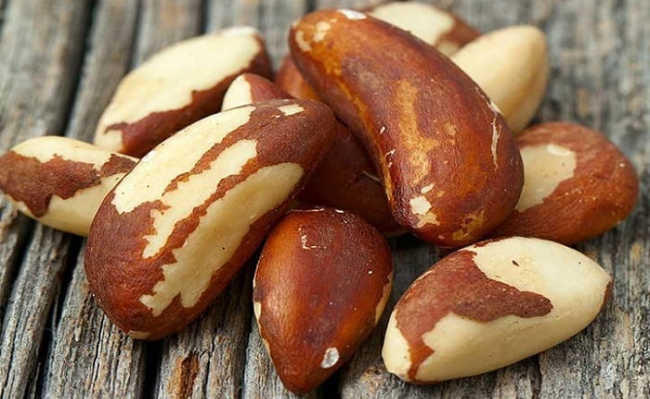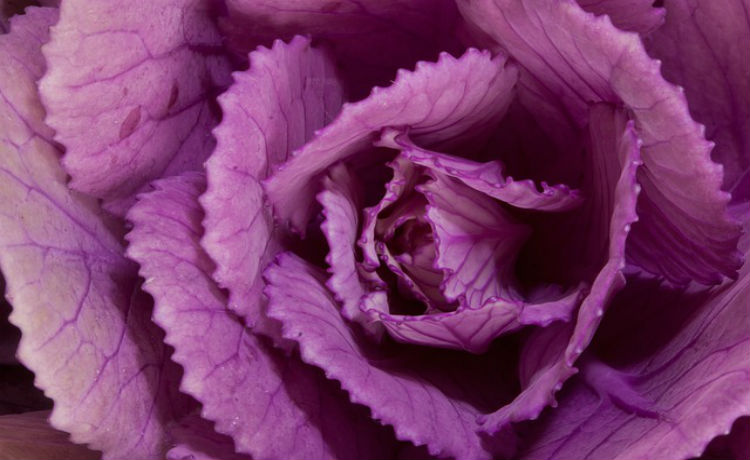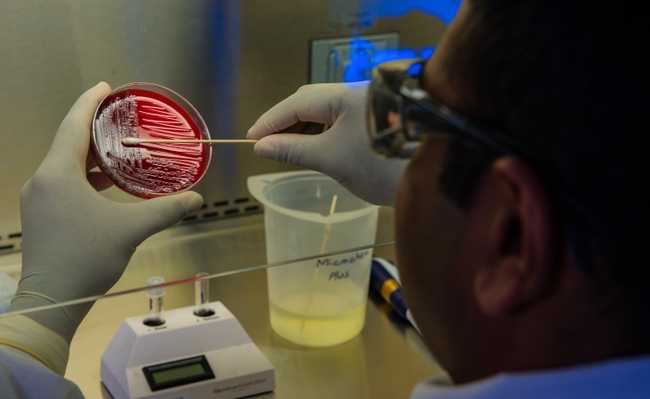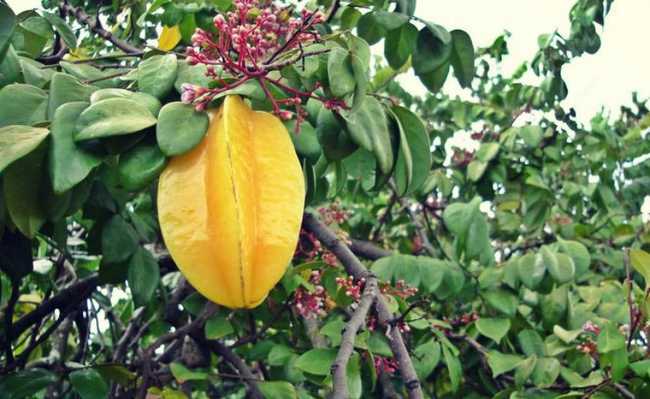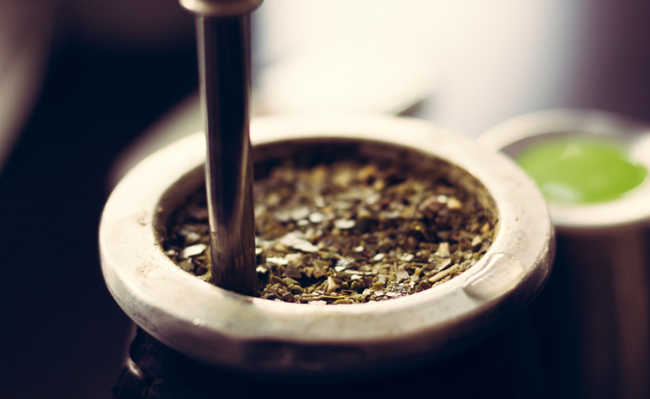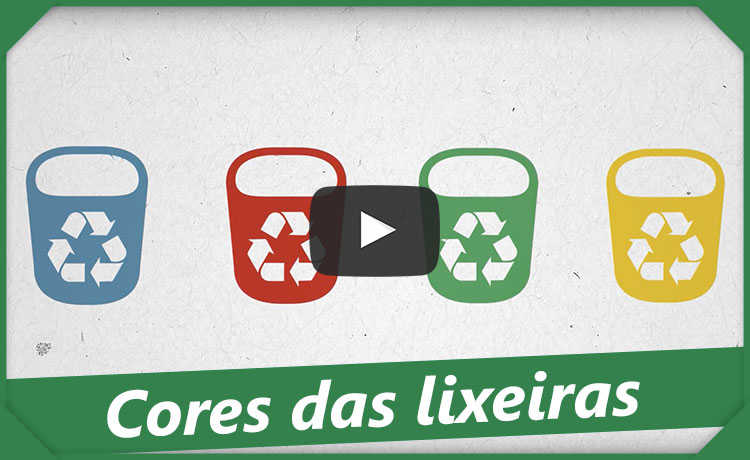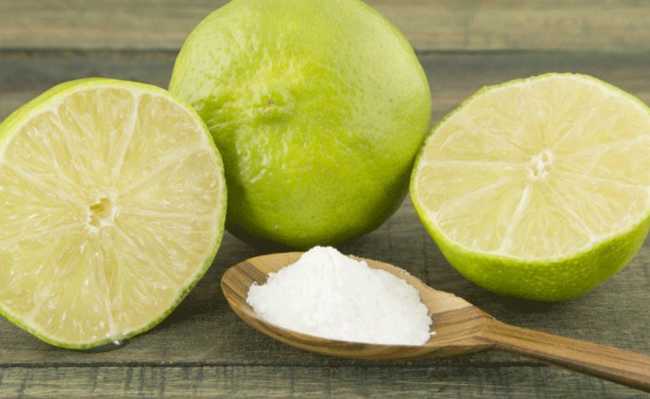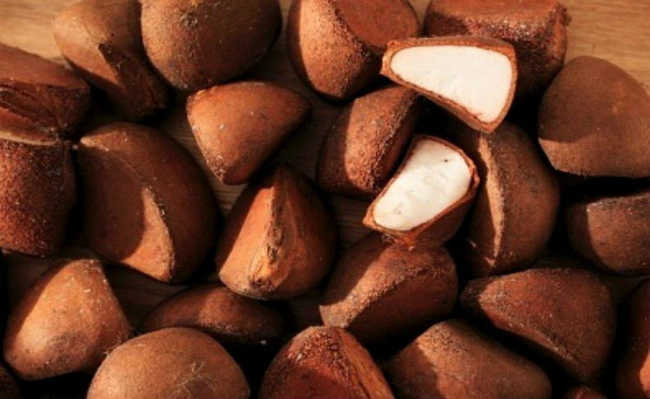Vegetable oils: extraction, benefits and how to acquire
Understand how the extraction of vegetable oils takes place, what are their benefits and how to choose them
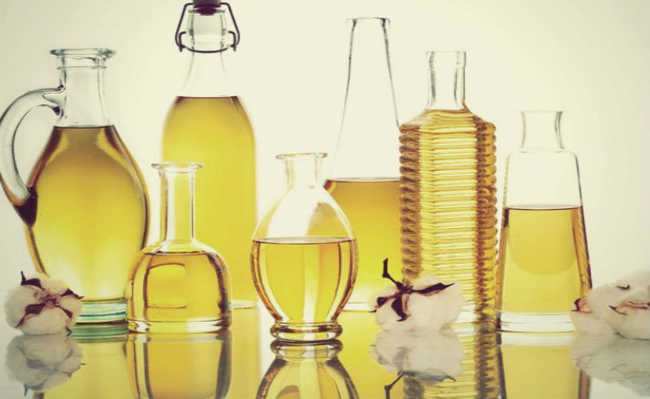
"Cottonseed Oil" (CC BY 2.0) by cottonseedoil
Vegetable oils are fats extracted from different parts of plants. Roots, pulp, flowers, stems, leaves and seeds are raw materials for extracting vegetable oils. However, the process takes place almost exclusively from the seeds.
Basically, vegetable oils can be extracted from any vegetable. But some plants are used more.
Each vegetable oil has specific properties that are directed to different purposes, such as food, cosmetics, fuel, therapeutic purposes, among others.
Extraction
The processes for extracting vegetable oils vary according to the raw material processed. But there are two main methods: pressing and solvent extraction, which can be applied separately or together.
In pressing, the material is subjected to pressure crushing, facilitating the flow of oil through the vegetable cells.
In solvent extraction, the vegetable is crushed and dissolved before adding the product. Hexane is normally used, which, as it is a non-polar organic compound, will penetrate the interior of the seeds, easily dissolving the oil without reaching other components.
For seeds with a high oil content, such as cottonseeds or saffron seeds, it is customary to use a previous pressing followed by solvent extraction, in order to obtain higher yields. Learn more about the extraction processes in the article: "Know the techniques for extracting vegetable oils".
Solvent Extraction Problems
One of the problems with solvent extraction is that hexane is a petroleum distillate, a non-renewable source. In addition, it has a high cost and can cause a lot of damage to people and the environment. Hexane, because it accumulates in animal organisms, pollutes water and the atmosphere, causes skin, eye and gastrointestinal mucosal irritations, causes cardiorespiratory arrest, can cause genetic problems and cancer, impair fertility or fetus and even be lethal if ingested or inhaled.
With all these arguments, the solvent method is certainly not the most sustainable method for extracting vegetable oils.
pressing
On the other hand, pressing presents better performance in cases where the raw materials have a high oil content, since, in this process, the oil extraction yield is lower than in solvent extraction. Thus, the less oil there is in the raw material, the lower the extraction yield by pressing will be. This may seem like a disadvantage, but on the other hand, the oils obtained allow direct use without refining. It should be noted that the quality of the product obtained by this method is much higher than the other, in addition to the fact that it is more sustainable, since solvent extraction has many negative aspects already mentioned above.
The material submitted to crushing by the press can go through the heating process or not, this step is determined by the type of vegetable. Heating facilitates the flow of oils through plant cells, but it can lead to the loss of some important properties, due to the sensitivity to heat that some compounds have. Therefore, cold pressing is the most suitable method to obtain these oils, as it is the most natural way and without prejudice to the quality of the product obtained. In this mechanism, some raw materials, such as olive or palm, give excellent results, as the extraction is carried out by the fruits of the vegetable.
applications
There are several applications for vegetable oils. They can be used as cooking oil (they are healthier than those of animal origin), fuel, cosmetics and herbal medicines. They are also widely used in aromatherapy, acting as carriers of essential oils. To learn more about this topic, check out the article: "What are essential oils?".
Contamination Risks
Typically, cosmetic industries add some types of chemicals to products to improve their quality and durability. However, these chemicals can be harmful to health. Among the main ones are parabens, which are used as preservatives for their antimicrobial action.
Often found in body oils and moisturizing lotions, parabens can interfere with the endocrine system, in addition to causing skin allergies and premature skin aging. To learn more about parabens, take a look at the article: "Do you know the problems with parabens?".
Therefore, opt for 100% natural oils or those with the greatest possible purity and check the labels for the presence of these chemicals that can be harmful to health. To learn more about this topic, check out the article: "Learn the differences between natural, organic and conventional cosmetics". To know which substances should be avoided in cosmetics, take a look at the article: "Know the main substances that should be avoided in cosmetics and hygiene products".
Benefits
Vegetable oils have many benefits. For this it is necessary to know each type and its properties. In the diet, they can provide essential vitamins and fatty acids for the maintenance of the body's health. Some have bactericidal, antiseptic and anti-inflammatory properties. Through cosmetic and herbal applications, they can moisturize the skin and hair, provide vitamins, treat allergies, treat wounds, treat stretch marks and even good for teeth, as in the case of coconut oil. To learn more about coconut oil, check out the article: "Coconut oil: benefits, how to use it and what it's for".
To know which are the most used vegetable oils, their applications and benefits, click on the links below:
- Sweet almond oil;
- Avocado Oil;
- Peach Oil;
- Rice Oil
- Coconut oil
- Palm oil
- Olive oil
- Andiroba Oil
- Buriti Oil
- Green Coffee Oil
- Brazil Nut Oil
- Chia oil: what is it for and benefits
- Babassu Coconut Oil
- Copaiba oil
- Wheat Germ Oil
- Licuri Oil
- Macadamia Oil
- Macaúba Oil
- Castor Castor Oil
- neem oil
- Ojon Oil
- Palm kernel oil
- Rosehip Oil
- Soy oil
- Sunflower oil
- Canola oil
- Pumpkin Seed Oil
- Grape seed oil
How to acquire
To purchase your vegetable oils, study and get to know the properties you are looking for. And, when purchasing them, prefer cold-pressed organic extra virgin oils, which are healthier and retain their original properties. Avoid oils extracted by solvents, as the use of hexane can be socially and environmentally harmful. Go for 100% natural and pure ones - and always check the labels to ensure that no other harmful substances such as parabens are present.
You can find 100% natural and pure oils at the eCycle Store.
discard
Improperly disposing of vegetable oils can cause serious environmental impacts. In water, there may be contamination (each liter of oil contaminates 20 thousand liters of water); in the soil, it causes waterproofing that prevents water infiltration; in the sea and in rivers it can harm marine and lacustrine life, respectively.
Thus, the disposal of vegetable oils (including cooking oil) in drains and sinks is inadequate, as, in addition to being harmful to the environment, it can cause blockage in the pipes. Therefore, if you are not going to recycle - making soap, for example (see how in the article: "How to make sustainable homemade soap") - look for the correct place to dispose of these products, place the oil residues in a container and take it to a point of dispose of so that the oil can be recycled. Check which are the collection points closest to your residence in the search tool of the eCycle portal .

